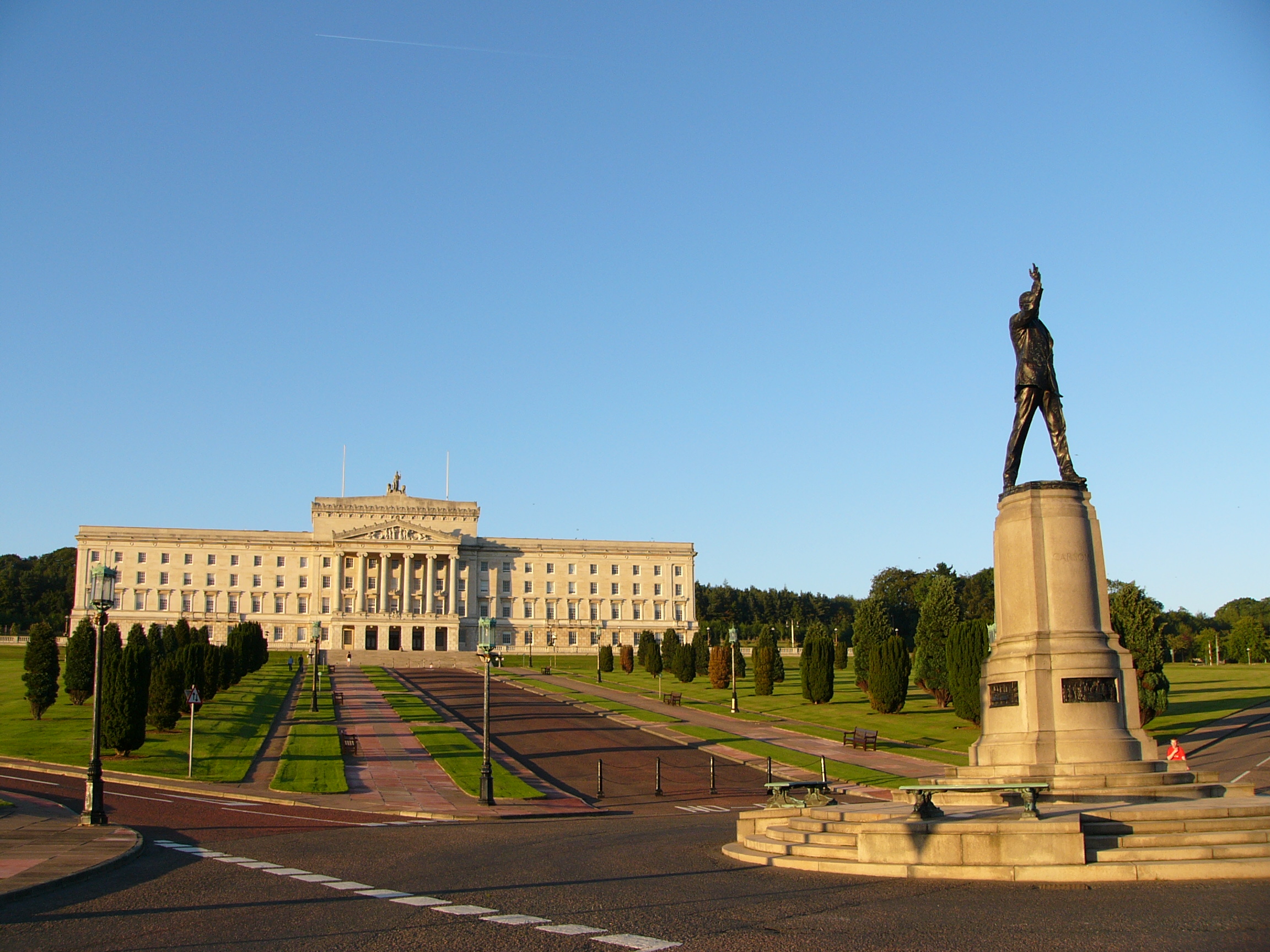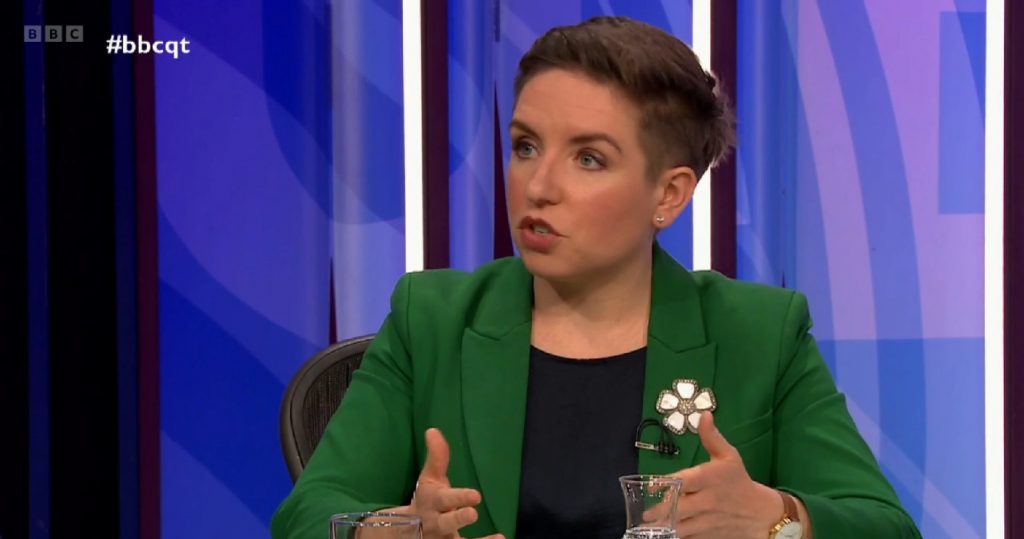What does GE2017 mean for Northern Ireland?

To maintain even a meagre sense of optimism in Northern Irish politics one needs the patience of a particularly composed saint. But even us saints who do our best to see the troubled province progress find ourselves as uncertain as the times in which we find ourselves. Whilst Britain seems to have a broad palette of issues hot on the tongue, Northern Ireland’s eye is fixed on Brexit and the infamously controversial border that it brings into question.
Even now as I scour all the canvassing flyers, the manifesto documents and watch the inter-party TV debates I realise something: Other than Brexit (and the timeless need for better infrastructure and a fatter public purse) the vast majority of problems that Northern Ireland has to deal with are ones it largely needs to resolve on its own; or that Westminster don’t take much interest in. Matters like the moving on from the the Troubles’ legacy, granting LGBT+ the equal right to marry, an Irish Language Act, integrated education – these popular concerns are matters for the Legislative Assembly. These are challenges that can probably only be resolved by the Northern Ireland independently. But when it comes Brexit and the crucial fate of the UK’s only land border – we are at the mercy of Westminster and it’s sentiment towards Irish matters.
Sadly there is a somewhat helpless feeling on this colossal issue. That small, troublesome and easily forgotten Northern Ireland will seriously struggle to have its voice heard amongst the many loud voices throughout the lands on Brexit. Afterall it is the smallest of the four UK nations, with 18 seats in Parliament out of a total 650, which is less than 3%. Mixed with the fact that Northern Ireland only votes for its own parties, its hard not to feel like a very small fish in very big pond. Everyone in the UK wants something different from Brexit but for a nice change, a large majority of Northern Ireland seems to agree that the border with the Republic of Ireland should remain as is or as soft as possible post-Brexit.
To describe in detail the effects of Brexit on Northern Ireland just isn’t possible but here are some of the highlights. The soft border appeases Irish nationalists and caters for trade and workers that must cross the border as often as daily. Hardening the border resuscitates the old question in some minds of whether there aught to be a border at all. Northern Ireland also returned a 56% Remain vote. The perception therefore of England dragging a smaller country out of the EU against its wishes compliments the mindset that Britain and Westminster don’t care about Northern Ireland – so some ask, “Does this Union make sense?
For the above reasons there is fresh compulsion to take sides in the traditional nationalist/unionist camps. Nationalists naturally oppose Brexit as it threatens their Irish identity by further separating them from their kinsmen to the south. In fact since the last local Assembly Election Sinn Féin made very significant gains where the Democratic Unionist Party made some significant losses. This is likely to spook many unionists (which could be said to suffer from mild paranoia at the best of times) into voting for a hard unionist candidate.
A further consequence of the widened divide is that parties are months (and one early election) into an impasse whereby they cannot form a government. This will either mean yet another early election in just a few months or Direct Rule from London. The exchange of autonomy from home to a capital over the sea could only provide nationalism with another significant boost and would be a blow to of the confidence of the Northern Irish community in general. It makes this general election yet more important as soon the only local representatives for legislature may be its MPs.
So Brexit is the clear big issue, but what of the two big parties fighting for the whole UK block? Could a Conservative or Labour victory make much of a difference? Economically speaking it almost certainly does but the symbolism of either victory may yet be more momentous.
Another trait of the nationalist/unionist divide is that it is roughly a left/right divide respectively. Nationalists find more in common with Labour and unionists find a natural ally in the Conservatives. If ever a few extra seats were required for a coalition, deals could be struck with some Northern Irish MPs. But whilst May boasts a traditional, under-inspiring programme Corbyn offers an intriguing, fresh alternative that appeals to the young and soft-to-moderate nationalists (many of whom have socialist sympathies). It’s merely speculation (and overly simple speculation at that) but now that Brexit is almost certainly going to happen a Conservative win is unlikely to resolve any growing frustrations of the anti-Brexit community and even add a little extra salt to the wound. Whereas a Corbyn-Labour victory could help to cool the tempers of those who feel a conservative, self-centred Britain is pushing them more and more in directions that are less and less agreeable.
As was said, these are uncertain times. The ever-complex attitudes of people in Northern Ireland are hard to predict but Brexit and the recent election results have undoubtedly disturbed matters and the general psyche. What the region needs in any case is a cabinet and a Brexit negotiating team that makes the border a priority second to none. The perception of how the next government handles the special case of Northern Ireland in Brexit will affect attitudes towards Northern Ireland’s future in this union as well as the European one.




Leave a Reply